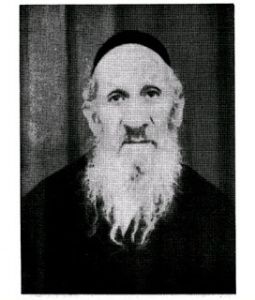A Short Tribute
Hacham Samuel Ibn Denan, son of Rabbi Yitzhak Ibn Denan the Gaon, was born in Fes, Morocco. His father officiated as the city’s rabbi and as Chief Justice of the Rabbinic Courts in Fes and its surrounding areas. Rabbi Samuel had the privilege of receiving the most thorough of Torah educations in his home, and grew up to become a spiritual titan and Torah genius. He differed from his predecessors in that he avoided rabbinic positions, with the exception of privileging the public with his sermons, and earned a living as the Fes Rabbinic Court scribe.
Hacham Samuel Ibn Denan was known for his many charitable actions. He welcomed rabbinic emissaries from the Holy Land in his home, and was appointed treasurer for the charity collected for Torah institutions in the Land of Israel, including the Rabbi Meir Ba'al HaNess Tiberias Kollels, the Meir Bat A'in yeshiva, the Beit El kabbalists' yeshiva in Jerusalem, and the orphanage founded by the rabbis of Tiberias.
Hacham Samuel Ibn Denan was a great preacher, and his sermons were transcribed and printed by Eliyahu Peretz in Leshed HaShemen, Dishnta BaShemen, Tidashen Adamma.
Hacham Samuel Ibn Denan passed away on 28 Adar Bet, 5732 (1962).
